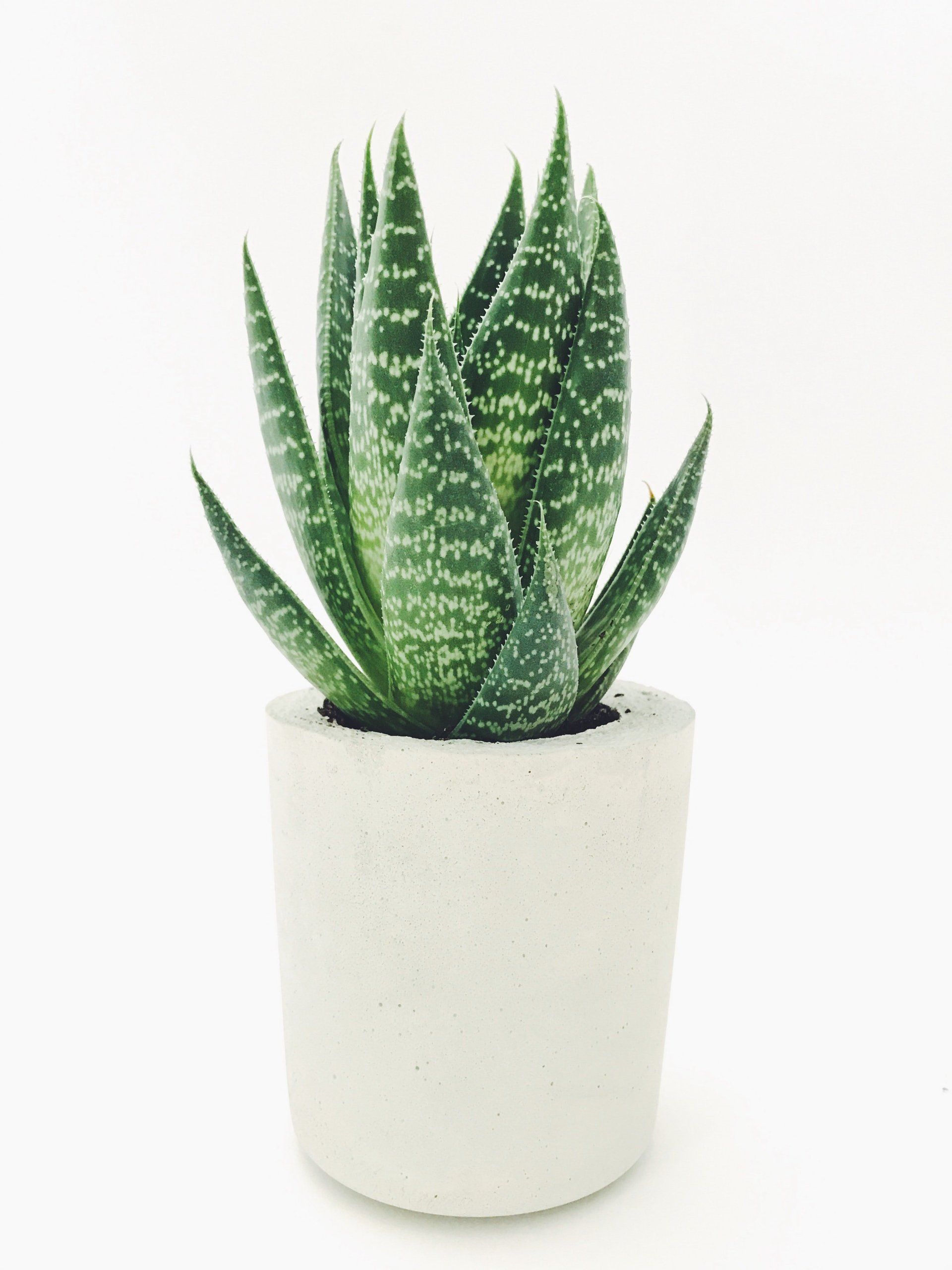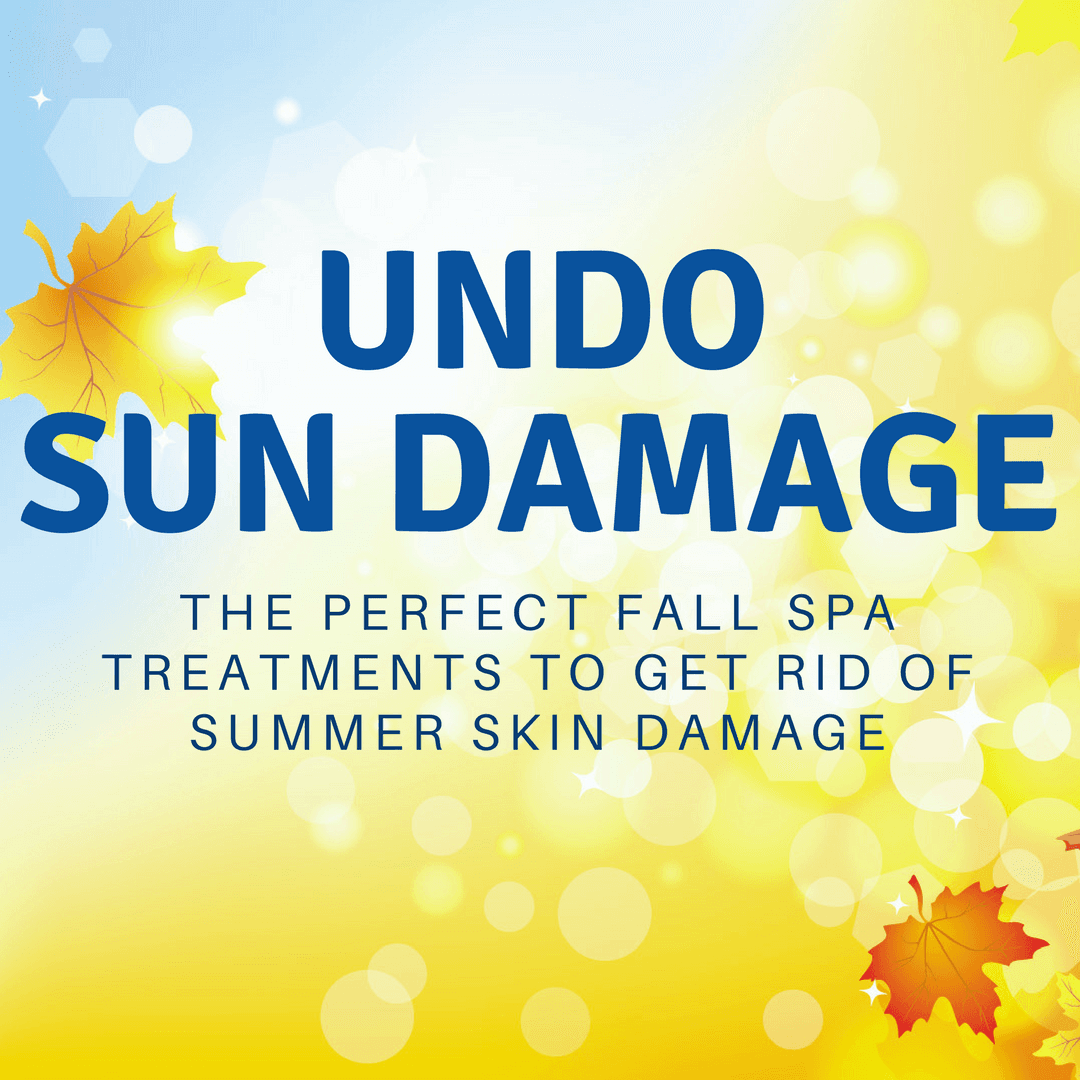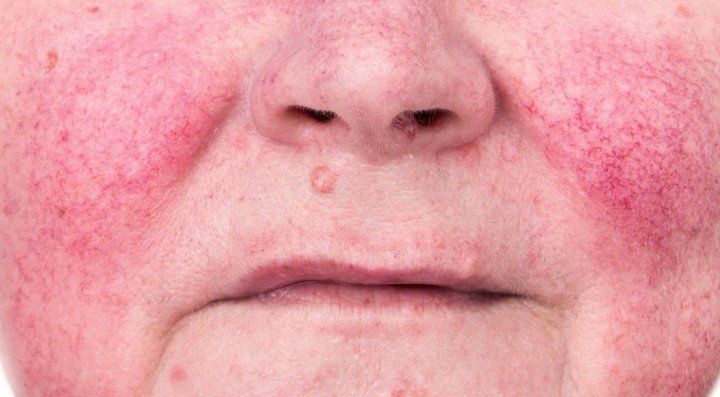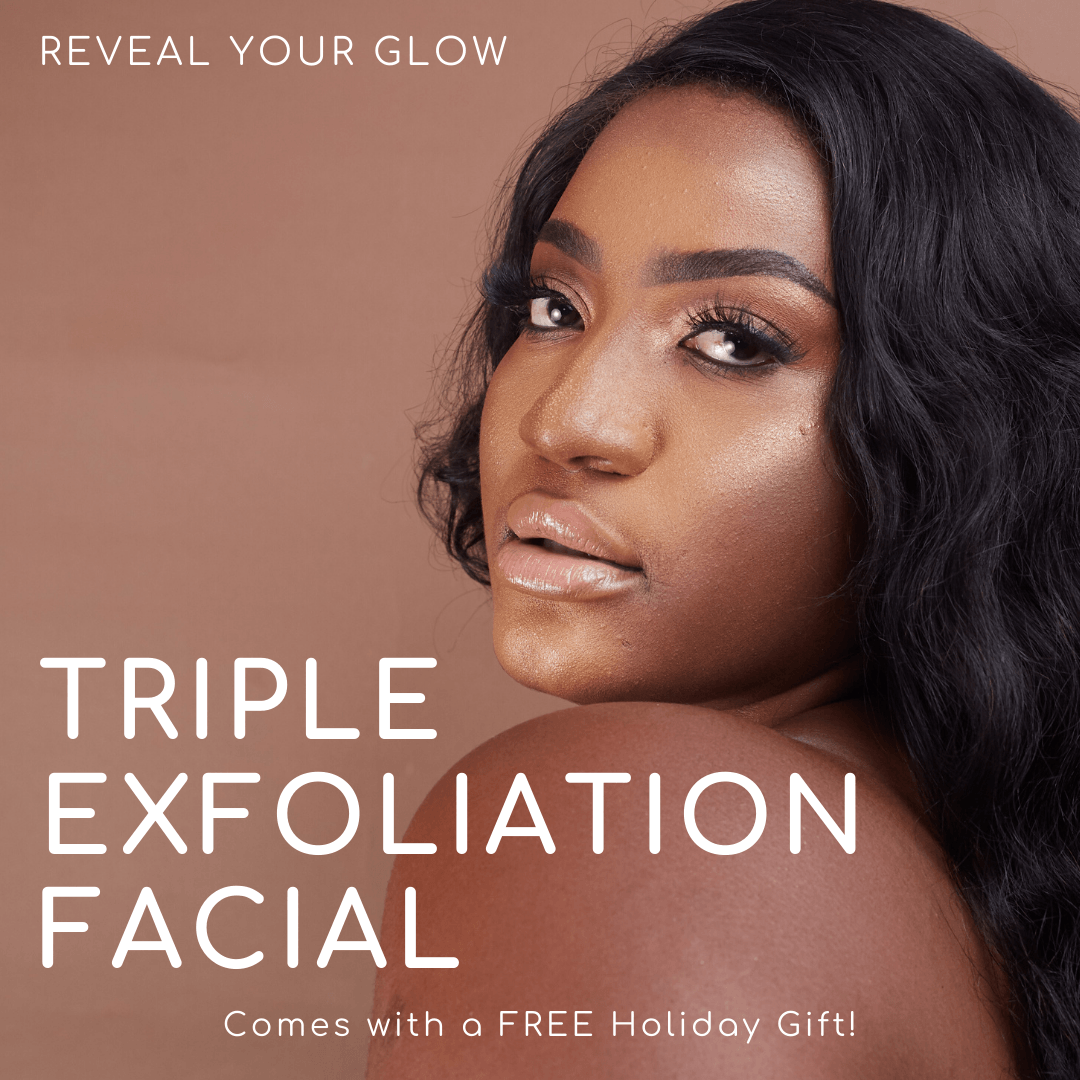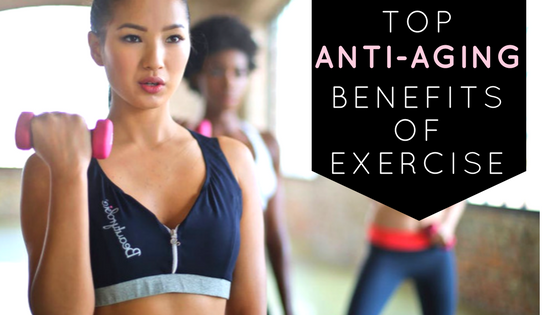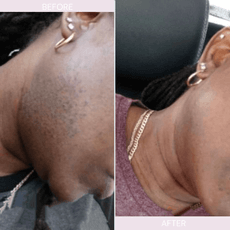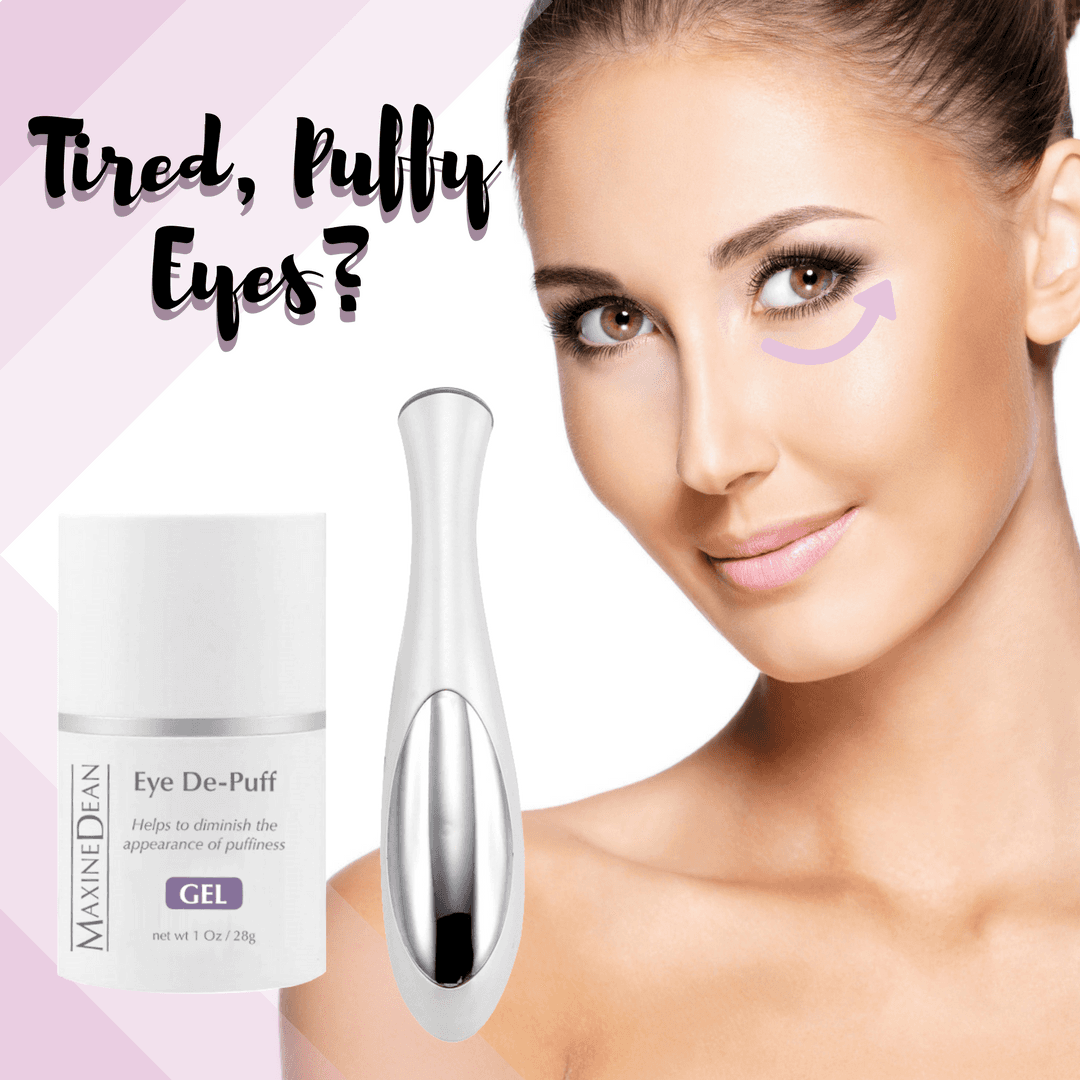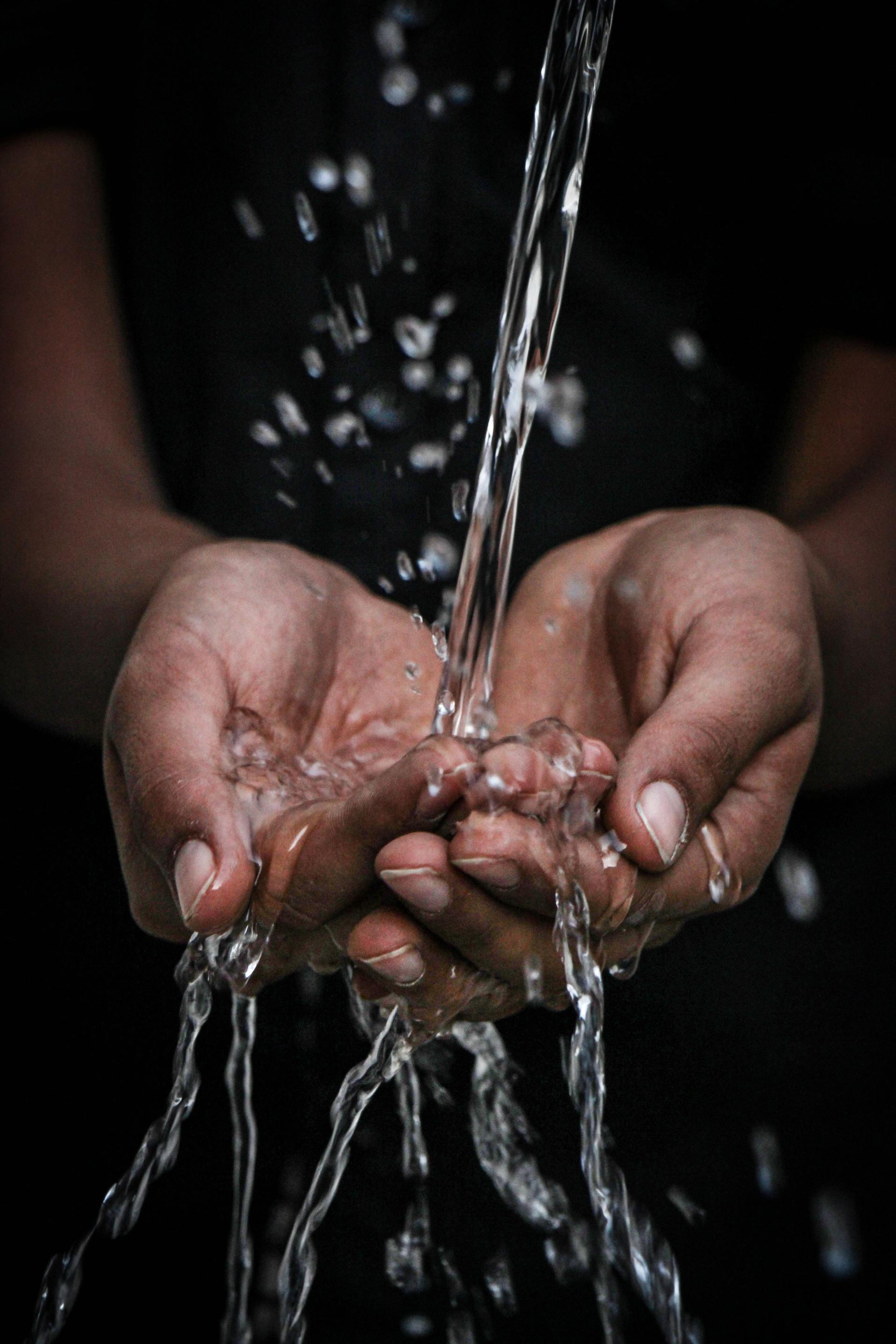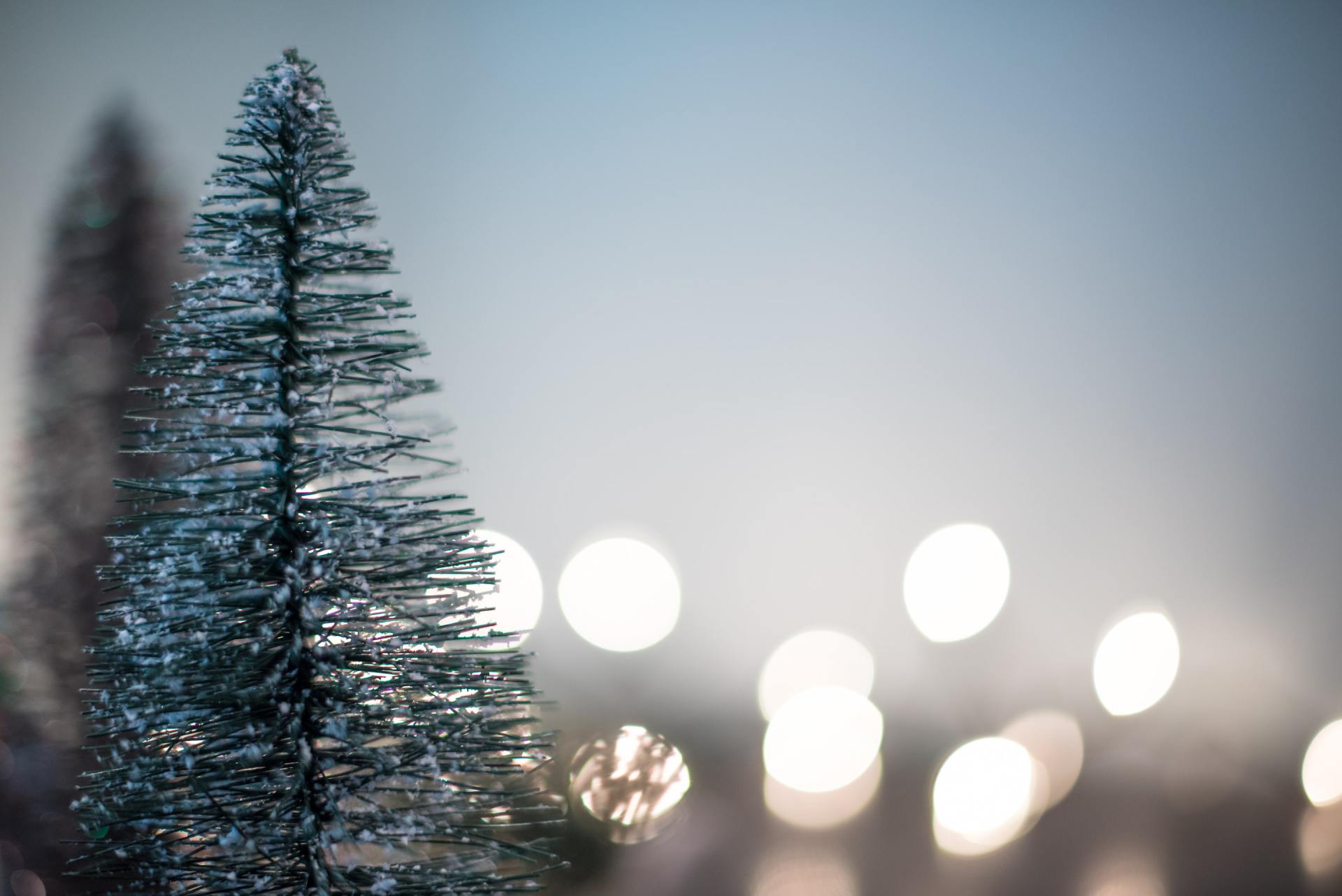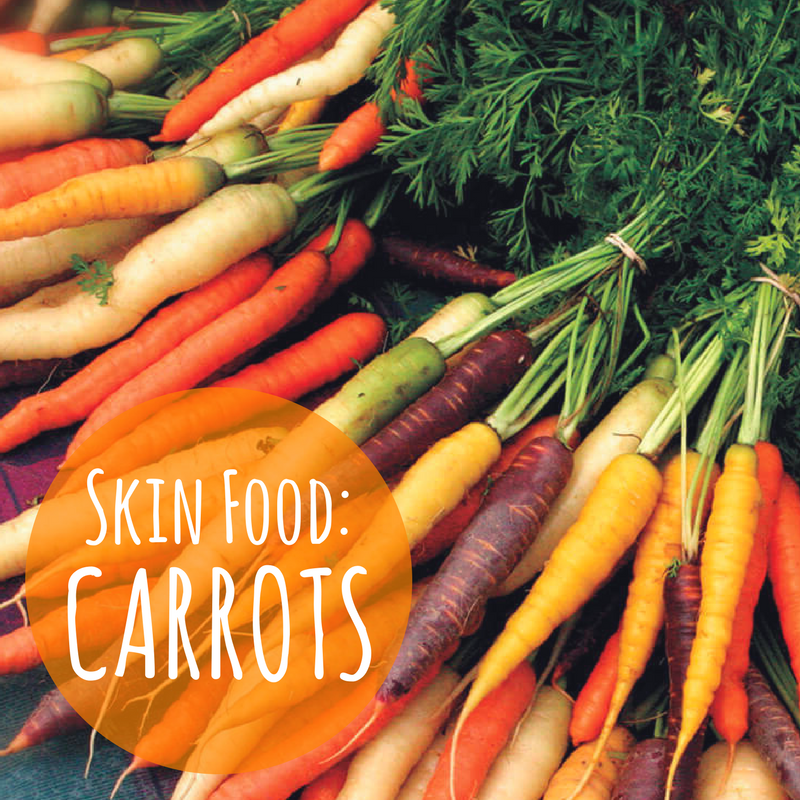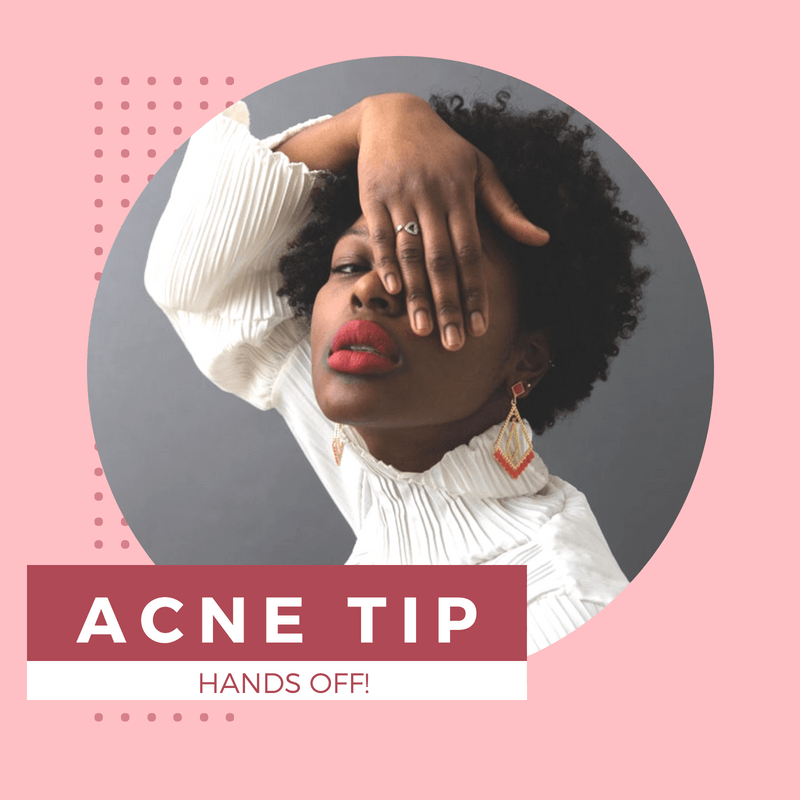What is Rosacea? And How To Treat Rosacea
What Is Rosacea?
Rosacea is a relatively common but not very well understood condition of the facial skin that is estimated to affect more than 16 million Americans. And many of them don't even know it. As a matter of fact, a Gallup survey revealed that 78 percent of the people in this nation don't know anything about this disorder, how to recognize it, or what to do to cope with it. Unfortunately, rosacea is not curable, but it is treatable with a variety of medications, natural remedies, and lifestyle changes.
Many who suffer from rosacea noticed that it began after they were over 30 years old and starts mildly as a noticeable redness on the cheeks, nose, chin, forehead, neck, chest, scalp, or ears. It is a progressive disease and will get worse if left untreated, as it often is in the beginning because it is mild and not life-disrupting.
If not treated, the condition will cause bumps and pimples to develop. In the most severe cases, your nose may become swollen and bumpy. Its also fairly common for rosacea patients to suffer irritated, watery, and/or bloodshot eyes.
How To Prevent Rosacea Flare Up?
The National Rosacea Society (NRS) recommends several actions to keep your rosacea at bay in their "What is Rosacea Guide":
- Always protect your face from the sun.
- Stay inside, in air-conditioning cool, on hot and humid day.
- If you must be outside when it's hot, be prepared with cold drinks and do not over-exert yourself. Chew on ice chips to lower facial temperature and/or continuously spray your face with cool water.
- In the cold weather, cover your face with a scarf.
- In the winter, use a moisturizer daily.
- Reduce stress. Take care of yourself by eating healthy foods, exercising enough, and getting a good amount of sleep. Do not drink too much caffeine. When feeling overwhelmed or stressed, try deep-breathing exercises, use visualization techniques, stretch out and relax all your muscles.
- Eating (and drinking) right for rosacea suffers means avoiding hot soup or drinks, spicy foods, and alcohol.
- Other foods that you might want to avoid if you notice flare-ups after consumption include cheese, sour cream, yogurt, citrus fruit, liver, chocolate, vanilla, soy sauce, yeast extract, vinegar, eggplant, avocados, spinach, broad-leafed beans and pods, and foods high in histamine or niacin.
- While exercise is a good thing overall, if you suffer from rosacea, you might be better off toning it down a bit, and do not get too overheated.
- In facial cleansers or moisturizers, avoid all ingredients that sting, burn, or cause redness. Some of the main culprits include alcohol, witch hazel, menthol, peppermint, eucalyptus oil or clove oil.
There are various topical Rosacea products that can help keep flare ups at bay
1. Metronidazole: Available as a gel or cream, this Rosacea treatment has been used for years to treat the acne-like breakouts of rosacea.
2 Azelaic acid: Azelaic acid is in a class of medications called dicarboxylic acids. It works to treat rosacea by decreasing the swelling and redness of the skin. It works to treat acne by killing the bacteria that infect pores and by decreasing production of keratin, a natural substance that can lead to the development of acne.
Most patients apply this medicine twice a day — in the morning and again in the evening.
Metronidazole: Available as a gel or cream, this treatment has been used for more than 60 years to treat the acne-like breakouts of rosacea. Research studies show that it can effectively reduce both the redness and the acne-like breakouts.
Some patients are able to stop applying this medication and keep the results they gained by using metronidazole. In one study, only 23% of patients had a rosacea flare-up 6 months after stopping metronidazole.
If you need stronger medication to control your rosacea, your dermatologist may prescribe metronidazole along with other treatments. Using everything in your treatment plan can improve results.
Possible side effects of using metronidazole gel or cream include itching, stinging, irritated skin, or dryness where you apply the medication.
Sodium sulfacetamide and sulfur: You’ll find these ingredients in treatment that you can buy without a prescription, such as a cleanser, and prescription medication that you apply to your skin.
These ingredients have been used to safely treat the acne-like breakouts of rosacea for years. It’s considered safe, but be sure to tell your dermatologist if you have kidney disease or are sensitive to sulfur.
You can improve these results by following your rosacea treatment plan and avoiding what triggers your rosacea.
Possible common side effects from sodium sulfacetamide and sulfur include itching, dryness, temporary redness, or irritated skin. These tend to decrease as you use the medication.
Retinoid: This is a form of vitamin A that can irritate skin with rosacea. Once you get the rosacea under control, however, applying a retinoid can help you prevent flare-ups. It can also reduce signs of aging on your skin.
Antibiotics: Works by quickly destroying bacteria and the acne-like breakouts and redness.
Antibiotics, such as minocycline, doxycycline, or erythromycin, may effectively treat rosacea.
If you need an antibiotic, it will generally be prescribed to get the rosacea under control. Once under control, most patients use another treatment to maintain results.
Isotretinoin: Approved only to treat severe acne, this medication may be an option. It has been shown to reduce the redness and acne-like breakouts. Because isotretinoin can cause serious birth defects, it’s not an option for every patient.
Procedures To Help Reduce Rosacea
Laser or light therapy Such As Such IPLAnd Laser Genesis These can effectively treat the redness and acne-like breakouts by shrinking oil glans, reducing bacteria and inflammation and calming inflammation. Light based treatments for Rosacea require multiple treatments over a few months to see results
To maintain results, most patients also need follow-up laser or light treatments either annually or more often
MaxAesthetics Spa In Philadelphia Offers Light Based Therapy to help resolve the inflammation, acne bacteria, and Erythema associated with Rosacea Flare Ups.
Follow MaxAesthetics For more skin care information or call MaxAesthetics For A Free Consultation 267.528.3859
Read More About The Light Based Treatment Used At MaxAesthetics
